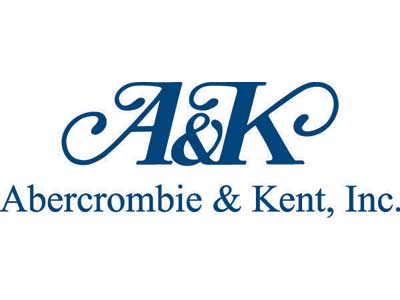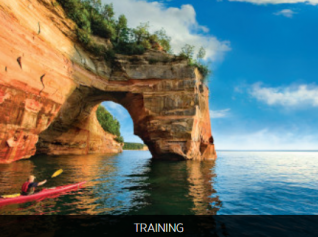Mojkovac dream: from toxic dump to eco-tourism hub

Once the most polluted spot in Montenegro the remote northern town is trying to shake off its stigma and clean itself up
Once reputed as the most polluted spot in Montenegro, the remote northern town of Mojkovac is trying to shake off the stigma, clean up and promote itself as a new Balkans eco-tourism hub.For more than a decade, some 2.5 tons of rubbish and toxic waste from a nearby zinc mine were deposited in a make-shift dump, which worried locals called the "silent killer".
"We have been swallowing poison from the dump and paid for it with our lives and health," environmental activist Mile Mrdovic told AFP.
The mine closed in 1991, at the start of the Balkan wars. But the dump — an 18-hectare (44-acre) stretch of cracked gray soil — still resembles a giant ink spot in an otherwise pristine landscape boasting three mountains, two national parks and the Tara, one of Europe’s cleanest rivers.
The Tara cuts through a gorge that forms one of the continent’s longest canyons, parts of which were declared a UNESCO World Heritage site in the 1980s.
Its "wild beauty", vaunted by the national tourism board, draws cyclists, rafters and hikers from home and abroad, some as far as Finland, Spain and the United States, to a region that remains poorer and less-developed than the rest of the country.
Yet few of these visitors venture into Mojkovac – a situation local officials want to change.They insist that all toxic elements from the dump have been "stabilised" through a sanitation process that started in 2007.
"The dust is not dangerous," said Mojkovac mayor Milorad Mitrovic.
Yet on a recent visit, dust from the old dump stung the eyes and nose and left an acid taste in the mouth. After 30 minutes, visitors had a lingering headache.
"The dust hovering in the air is dangerous," insisted local doctor Milovan Bogavac. In the absence of any official surveys or evaluations, one can only suspect that "there are cancerous elements in the dust," he said.
He and others hold it responsible for an increase in cancer and respiratory diseases among the 10,000-strong population of Mojkovac and its surroundings, which lie some 90 kilometers (54 miles) from the capital Podgorica.
Local officials launched the clean-up under pressure from residents and the government, which is helping foot the bill along with the UN Development Programme (UNDP).
It involves solidifying the chemical run-off and toxic waste in the former dump to prevent it from evaporating or draining into the Tara river.
The goal is to transform this former industrial zone into a trendy recreational center for adventure and eco-tourists, including an eco-village and small hotels.
Municipal officials also want to develop organic agriculture and reconvert the closed mine into a museum, an underground bicycle trail or some other attraction.
"As much as this waste dump has given us problems, worries, illnesses and deaths, we now expect it to repay its debt to us and become a valuable tourist and sports potential," Bogavac said.
The project is part of a UNDP-backed Western Balkans Regional Environmental Hot Spots Programme, a three-year initiative funded by the Netherlands to assist areas in the region blighted by industrial pollution.
In 1991, Montenegro was the first country in the world to proclaim itself an "ecological state," a move to make ecology and sustainability operative choices in state policy.
In 2010, the government earmarked 22 million euros (30.4 million dollars) for the environmental ministry alone to help meet "green" goals.
One high-profile backer of Mojkovac’s conversion is town native Nebojsa Bogavac, 37, a professional basketball player who plays in the French national league. While home in Mojkovac nursing an injury in 2009 he started an eco-tourism firm that runs jeep safaris across the country.
With its lack of infrastructure, educational opportunities and jobs, many, like Bogavac, felt forced to leave the area.
"Experts have confirmed that heavy metals are stabilised," said Borko Vulikic, a UNDP coordinator in Montenegro. He conceded there has been no "recent" analysis of heavy metal presence in air, water and land, but said "the UNDP has prepared a plan to follow these parameters."

UNDP Administrator Helen Clark, New Zealand’s former prime minister, was also encouraging on a visit here in September.
"Opportunities for eco-tourism are endless," she said. "You can do anything out there in those hills and valleys."
Source: AFP Agence France Presse
 United Kingdom
United Kingdom United States
United States Asia Pacific
Asia Pacific












































EU airports bring back 100ml liquid rule
British Airways passengers endure 11-hour 'flight to nowhere'
CLIA: Anti-cruise demos could cause itinerary changes in Europe
Co-pilot faints, easyJet flight issues ‘red alert’
Gatwick braces for strike